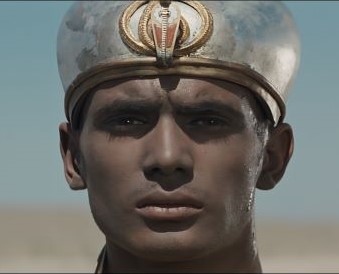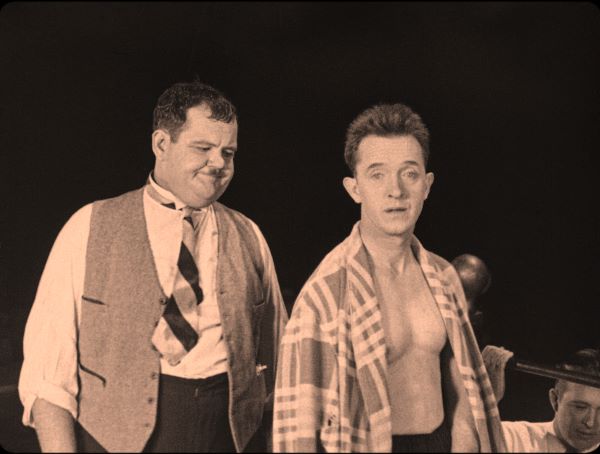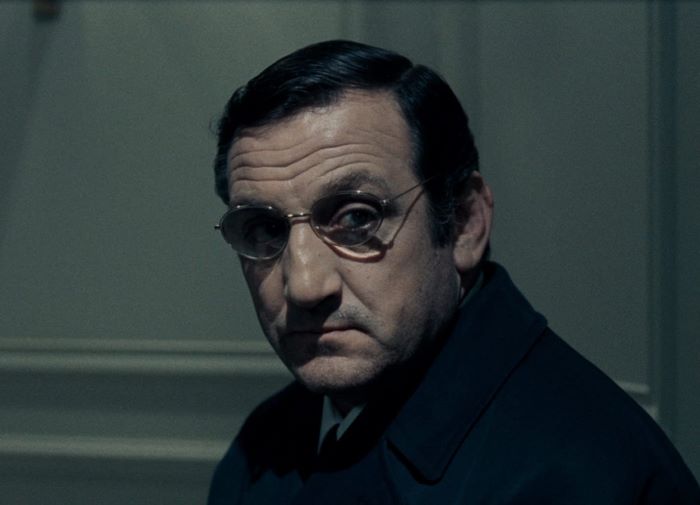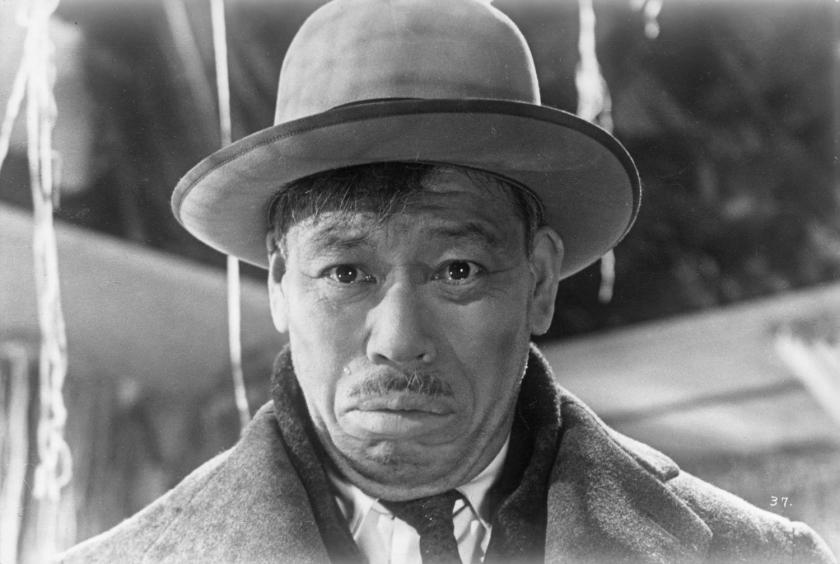Someone told me recently that Netflix subscribers can view just 22 films made before 1980. I've no idea if this is true (please correct me if not), but it’s certainly a reason to continue watching and collecting films on physical discs. Plus, there’s the bonus features, booklet notes, commentaries and deleted scenes, all things which you won’t find on streaming services. Here’s my pick of the year’s Blu-ray releases, in no particular order:
 Jerzy Kawalerowicz’s Pharaoh (Second Run) is an eye-popping Egyptian epic from 1966. Filmed mostly in the deserts of Uzbekistan with scores of Soviet soldiers as extras, this cerebral historical drama is visually arresting and politically pertinent.
Jerzy Kawalerowicz’s Pharaoh (Second Run) is an eye-popping Egyptian epic from 1966. Filmed mostly in the deserts of Uzbekistan with scores of Soviet soldiers as extras, this cerebral historical drama is visually arresting and politically pertinent.
Juggernaut (Eureka) looks on paper as if it’ll be a low-budget British response to disaster flicks like The Poseidon Adventure. Directed at short notice by Richard Lester, it follows Richard Harris and his team attempting to defuse a cluster of booby-trapped bombs deep in the bowels of a transatlantic liner. Released in 1974, it’s as much a state-of-the-nation piece as a thriller, and the supporting cast (including Omar Sharif, Ian Holm and Roy Kinnear) is excellent.
The BFI’s Two Films by Yasujirō Ozu contains two gems. The earliest, 1932’s I Was Born But… is silent, a tale of two young brothers attempting to settle in to a new school and neighbourhood, dealing with bullies, snobbery and insecurity. Ozu draws brilliant performances from his younger actors, against a backdrop of an embryonic modern Japan. There Was a Father was released a decade later, a moving examination of a father-son relationship set during World War 2.
 Eureka’s Laurel and Hardy: The Silent Years collects 13 short films made between 1921 and 1927, from the pair’s first appearances together to start of their ‘official’ partnership under producer Hal Roach. The best ones hold up brilliantly: jail break two-reeler The Second Hundred Years stars James “D’oh!” Finlayson as the prison governor, and The Battle of the Century concludes with a spectacular, hilarious custard pie fight.
Eureka’s Laurel and Hardy: The Silent Years collects 13 short films made between 1921 and 1927, from the pair’s first appearances together to start of their ‘official’ partnership under producer Hal Roach. The best ones hold up brilliantly: jail break two-reeler The Second Hundred Years stars James “D’oh!” Finlayson as the prison governor, and The Battle of the Century concludes with a spectacular, hilarious custard pie fight.
Japanese director and Ozu contemporary Mikio Naruse remains little-known in the west. His Floating Clouds (BFI) was a revelation, a melancholy dissection of a doomed post-war love affair, superbly acted.
 Jean-Pierre Melville’s Army of Shadows was reissued by Studio Canal in an immaculate restored print. This gruelling thriller about a French Resistance cell featuring stellar turns from Lino Ventura and Simone Signoret was poorly received by French critics upon its 1969 release, waiting three decades before it was finally recognised as a masterpiece.
Jean-Pierre Melville’s Army of Shadows was reissued by Studio Canal in an immaculate restored print. This gruelling thriller about a French Resistance cell featuring stellar turns from Lino Ventura and Simone Signoret was poorly received by French critics upon its 1969 release, waiting three decades before it was finally recognised as a masterpiece.
Finally, it was good to welcome back Kurosawa’s masterly Ikiru (BFI), especially in the light of the recent English-language remake. Living, faithfully adapted by screenwriter Kazuo Ishiguro and starring Bill Nighy, is a decent film, but Kurosawa’s 1952 original remains one of the most heart-breaking films committed to celluloid, an absorbing, redemptive tragedy with a sublime ending. Kurosawa regular Takashi Shimura’s performance is remarkable: this is a film with the power to change lives.
- Read more Film reviews on theartsdesk













Add comment